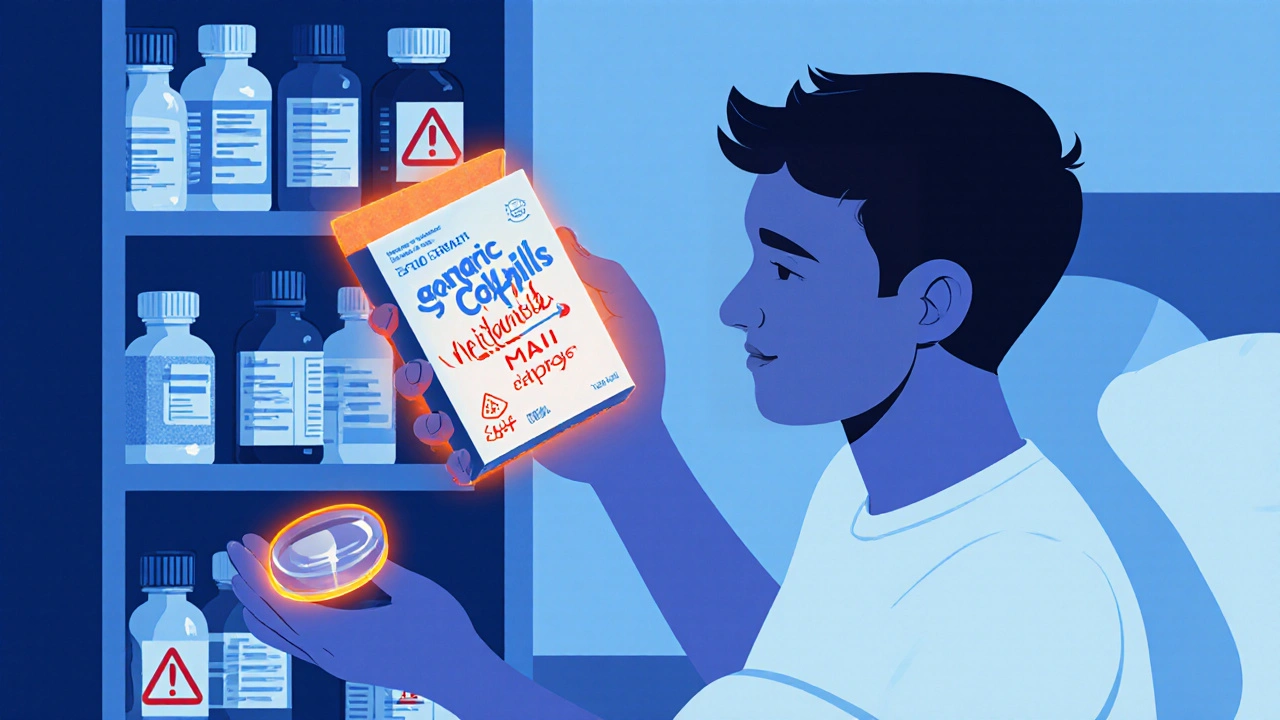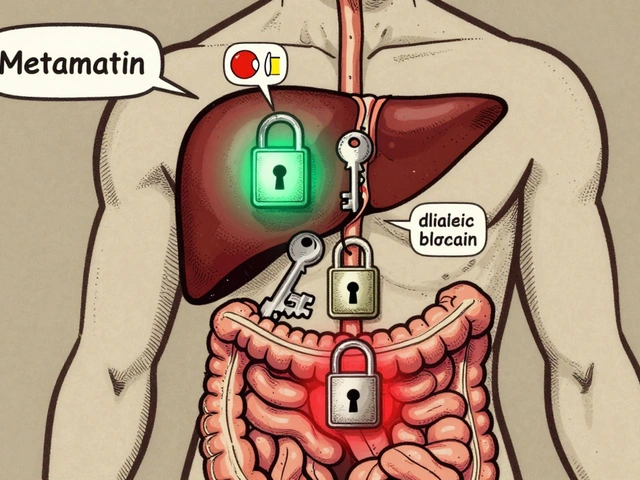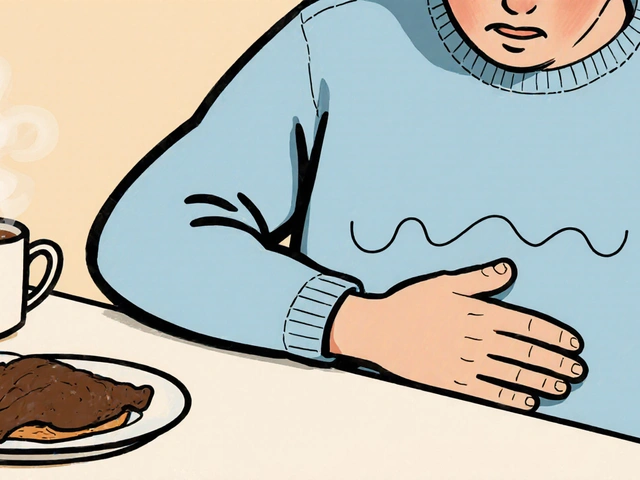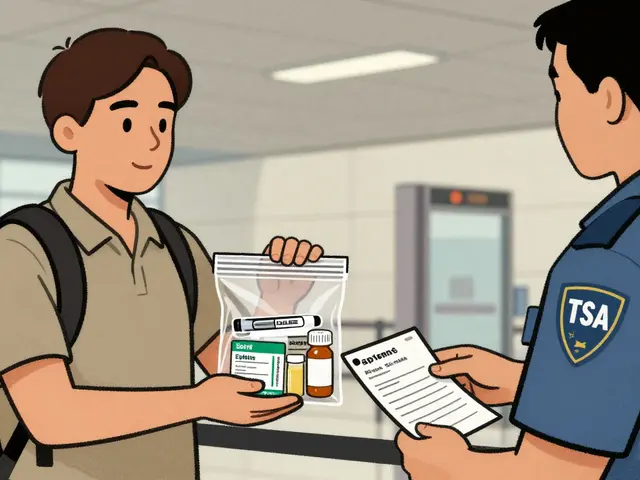Dextromethorphan: What It Is, How It Works, and What You Need to Know
When you reach for a bottle of cough syrup, you might not think twice about dextromethorphan, a cough suppressant found in over 120 over-the-counter cold and flu products. Also known as DXM, it’s one of the most widely available medications for stopping dry coughs—simple, effective, and usually safe when used as directed. But dextromethorphan isn’t just a cough medicine. At higher doses, it can change how your brain works, leading to hallucinations, euphoria, and even dangerous side effects. That’s why understanding what it really does matters—not just for treating a cold, but for avoiding serious harm.
Many people don’t realize that dextromethorphan is chemically related to opioids, even though it doesn’t work the same way. It doesn’t relieve pain or cause physical dependence like morphine or oxycodone. Instead, it acts on brain receptors that control the cough reflex. But at doses far above what’s recommended, it can affect serotonin, NMDA receptors, and even dopamine pathways. This is why some teens and young adults misuse it for its mind-altering effects. Studies from the National Institute on Drug Abuse show that dextromethorphan is one of the most abused OTC drugs in the U.S., especially among teens who think it’s harmless because it’s sold on store shelves.
It’s not just about getting high. Mixing dextromethorphan with other meds—like antidepressants, painkillers, or even allergy drugs—can lead to serotonin syndrome, a life-threatening condition. Symptoms include high fever, fast heart rate, confusion, and muscle rigidity. Even people taking it as directed can have bad reactions if they’re on certain medications. That’s why it’s critical to check labels and talk to your pharmacist before combining it with anything else.
Some products combine dextromethorphan with acetaminophen, antihistamines, or decongestants. That’s fine if you need all those ingredients. But if you’re just treating a cough, you don’t need the extra stuff. Taking more than you need increases your risk of liver damage, drowsiness, or dizziness. And if you’re using it for sleep or anxiety because it makes you feel weird, you’re not solving the real problem—you’re creating a new one.
There’s no magic pill for a cough, but dextromethorphan works for many people when used correctly. The key is knowing the dose, knowing the risks, and knowing when to stop. If you’ve ever wondered why some people get sick from cough syrup while others don’t, it’s not luck—it’s dosage, timing, and what else is in your system.
Below, you’ll find real stories and research-backed guides on how dextromethorphan interacts with other drugs, what happens when it’s misused, and how to spot warning signs before it’s too late. These aren’t hypotheticals—they’re cases real people have faced. Whether you’re using it for a cold, worried about someone else, or just trying to understand why this medicine keeps popping up in news reports, this collection gives you the facts without the hype.

Learn how MAOIs interact with over‑the‑counter cold medicines, causing hypertensive crises or serotonin syndrome, and discover safe alternatives plus a practical patient‑education checklist.
Continue Reading





